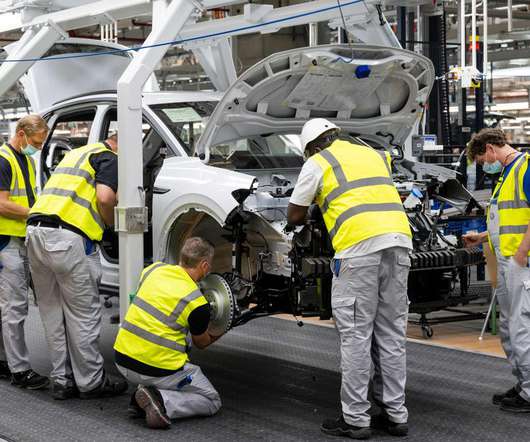BCG study finds conventional automotive technologies have high CO2 reduction potential at lower cost; stiff competition for electric cars
Green Car Congress
JUNE 15, 2011
Conventional automotive technologies have significant emission-reduction potential, according to a draft of the Boston Consulting Group’s (BCG) latest report on automotive propulsion, Powering Autos to 2020. A combination of peak oil with incentives or lower battery costs could increase EV penetration by 6%.











Let's personalize your content